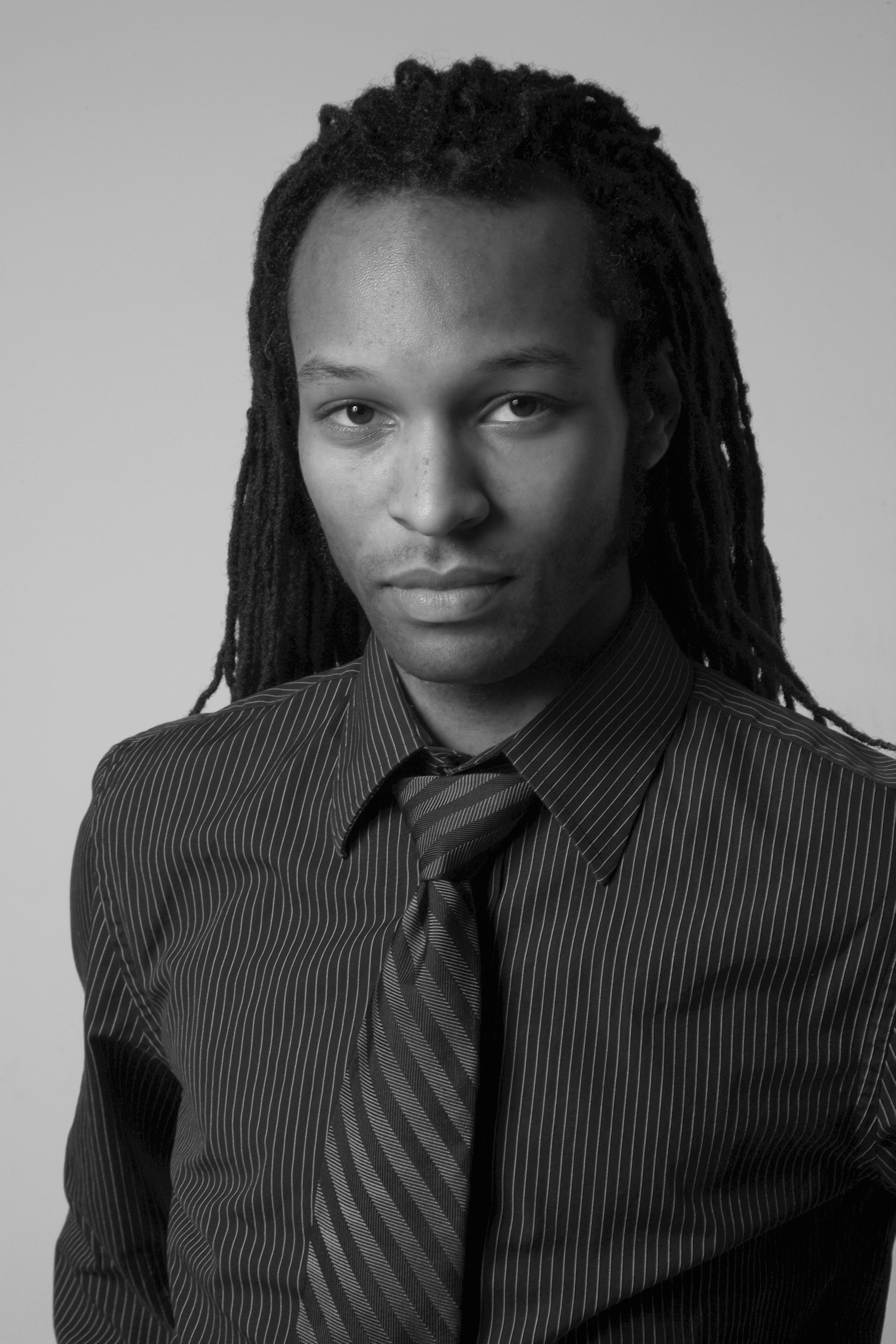“Love your stole,” Lotte said to the handsome old woman at the party, “it’s grand and beautiful.” The woman thanked Lotte while her eyes flicked subliminally to the left: she did not recognize Lotte, nor could Lotte abort the identical tell on her own face. To save her children’s heads she could not have said if she had forgotten the woman’s name or had never laid eyes on her. Lotte walked with a cane and the woman in the stole offered to get her a drink.




















